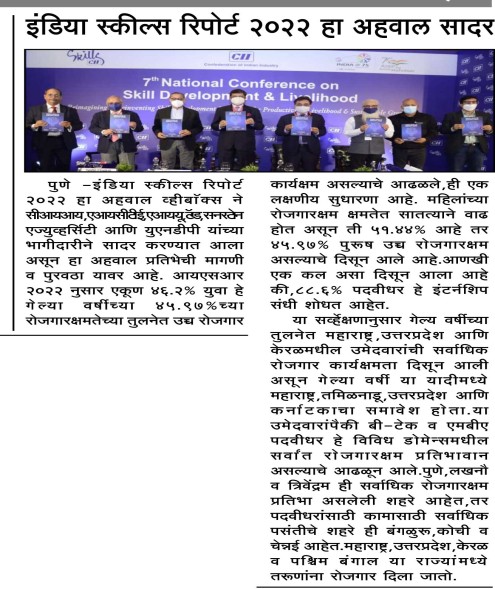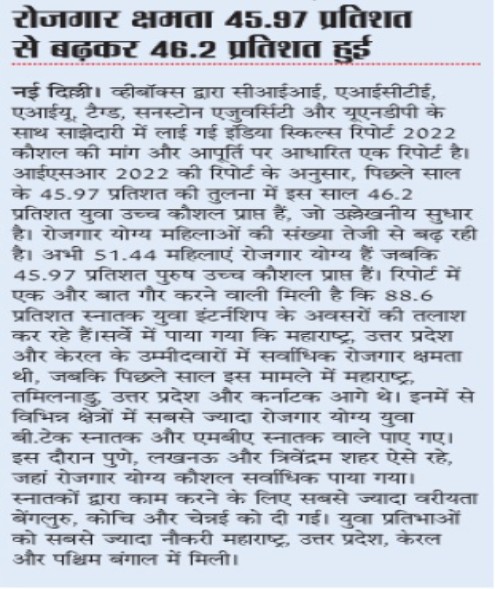Online exams have become increasingly popular in recent years, especially with the advent of remote learning and work. Conducting exams online offers a range of benefits, including greater flexibility, cost savings, and the ability to reach a wider audience.
If you're considering moving your exams online, it's important to do so in a way that ensures fairness, security, and accuracy. In this blog, we'll take a look at some of the key considerations when transitioning to online exams.
1. Choose the right platform
The first step in moving your exams online is to choose the right platform. There are many options available, ranging from basic quiz tools to more comprehensive exam platforms.
When choosing a platform, consider factors such as ease of use, security, and features such as proctoring and plagiarism detection. It's also important to ensure that the platform is accessible to all students, regardless of their abilities.
Wheebox is an online exam platform that offers a range of features and tools for conducting exams online. Some of the key features of the platform include:
Proctoring: Wheebox offers AI-based proctoring, which can detect cheating behaviors such as suspicious eye movements, multiple faces in the frame, and more.
Security: The platform uses advanced encryption techniques to ensure that the exam content and student data are secure.
Customization: Wheebox allows for customizable exams, including the ability to add images and multimedia to questions.
Analytics: The platform offers detailed analytics and reports, allowing you to track student performance and identify areas where students may be struggling.
Multi-lingual: The platform supports multiple languages, making it accessible to a wider audience.
2. Develop clear guidelines
Developing clear guidelines is crucial for ensuring that the exam is conducted fairly and accurately. These guidelines should include information such as the duration of the exam, the types of questions that will be asked, and any materials that students are allowed to use.
It's also important to set clear expectations for behavior during the exam. For example, students may be required to turn off their cameras and microphones, or they may be required to use a secure browser that prevents them from accessing other websites during the exam.
3. Use proctoring and plagiarism detection tools
One of the main concerns with online exams is the risk of cheating. To prevent this, many online exam platforms offer proctoring and plagiarism detection tools.
Proctoring tools allow you to monitor students in real-time, either through video or audio feeds. Plagiarism detection tools can be used to identify instances of plagiarism in student responses.
Wheebox Advanced Remote Proctoring Suite is fortified with Microsoft Artificial Intelligence Services, to conduct secure and scalable high-stake virtual remote proctored examinations. The Suite is integrated with REST and REST APIs that helps institutions to integrate the suite seamlessly with their existing platforms and applications.
Remote Proctoring allows Academic institutions, Organizations, and Test Prep Companies to provide assessment anytime anywhere while ensuring full security standards. Candidates can now take assessments from their home with convenient, affordable and security compliant to testing integrity.
4. Communicate with students
Communication is key when it comes to online exams. It's important to ensure that students understand the expectations and requirements for the exam, as well as any technical requirements.
Make sure to provide clear instructions on how to access the exam, how to submit responses, and how to contact you if they encounter any issues.
5. Test the system
Before conducting the actual exam, it's important to test the system to ensure that everything is working properly. This includes testing the platform itself, as well as any proctoring or plagiarism detection tools that you plan to use.
You may also want to conduct a practice exam with your students to ensure that they are familiar with the platform and any technical requirements.
In conclusion, moving your exams online can offer a range of benefits, but it's important to do so in a way that ensures fairness, security, and accuracy. By following these key considerations, you can ensure a successful transition to online exams.





















